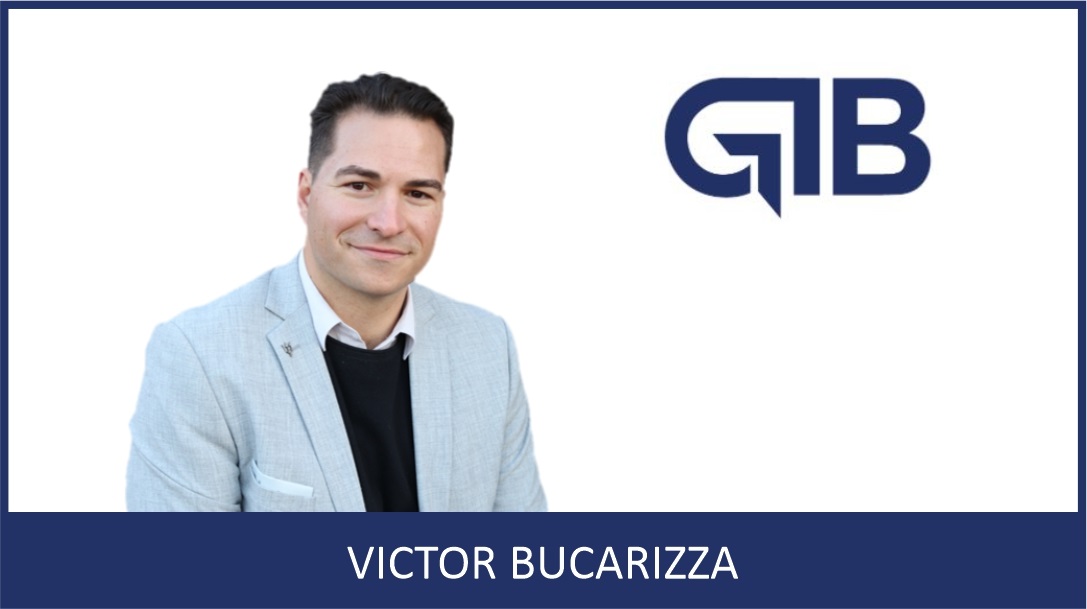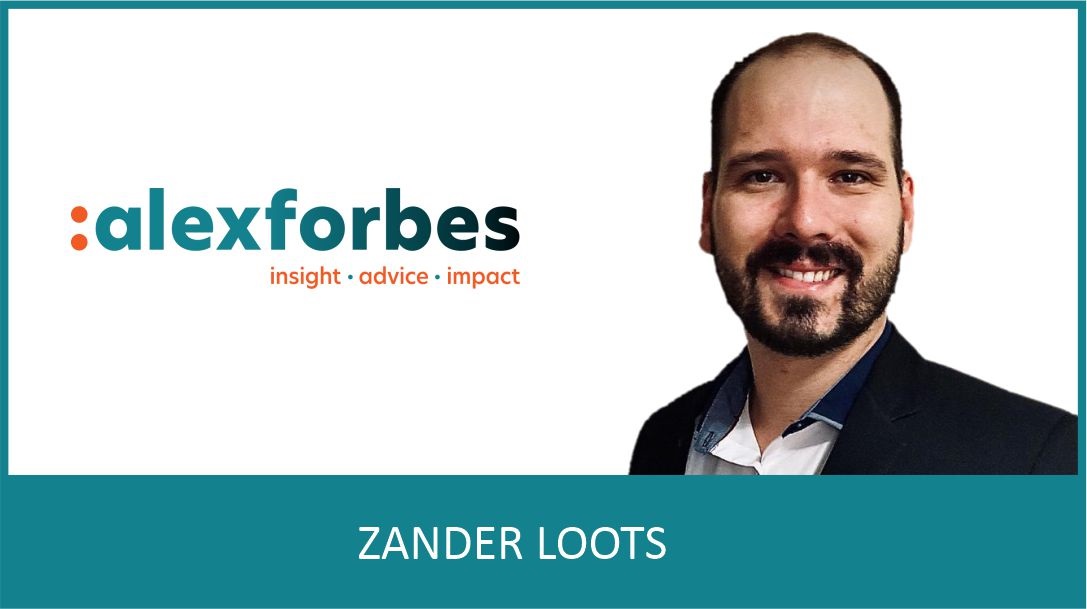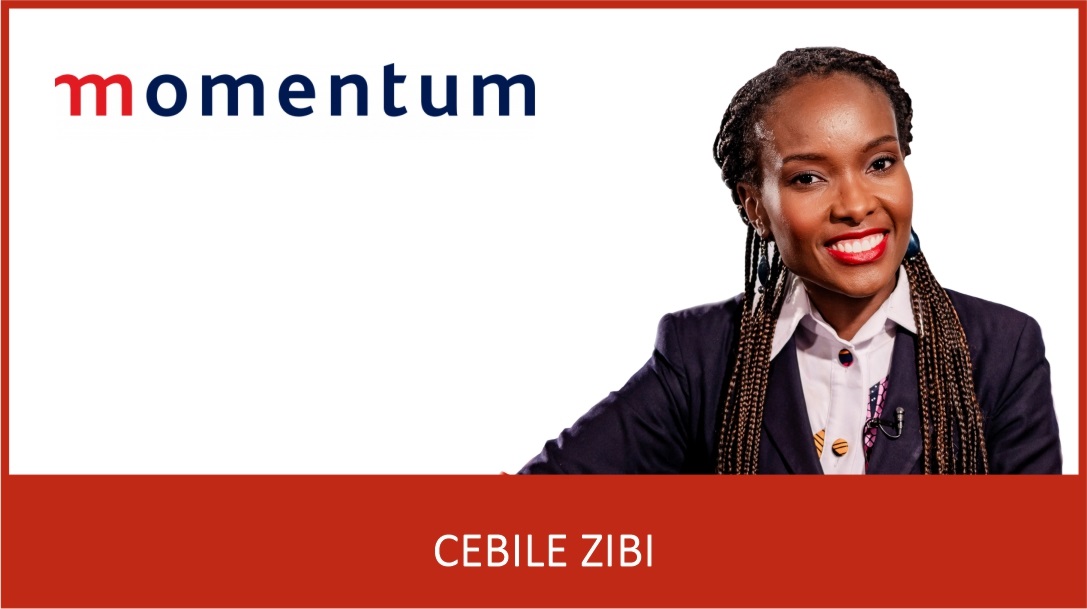Victor Bucarizza, Executive Partner at GIB Private Clients
Young South Africans are feeling the financial squeeze more sharply than generations before them. With youth unemployment at 62.4% among those aged 18 to 24, saving often feels like a distant goal rather than an achievable habit for the current generation.
In fact, the latest Standard Bank Youth Barometer confirms that young earners are under extraordinary strain, with most reporting that their salaries barely cover essential living costs. Many are also forced to prioritise immediate survival over long-term planning, while others feel paralysed by the shame and uncertainty that come with not knowing where or how to start.
Victor Bucarizza, Executive Partner at GIB Private Clients, says this emotional barrier is often underestimated. “There’s a deep sense of money shame that stops young people from taking even small financial steps. They feel as though they are behind before they’ve begun, so they avoid the topic altogether. The irony is that the only way it becomes easier later is if they start figuring it out now,” he says.
Bucarizza believes reframing how young people see money is the starting point. “Earning an income is a means to contribute towards your community, gain a sense of personal purpose and earn a living to buy the things we need. One of the important yet often overlooked things that we need to buy with that income is assets, which are investments that continue to earn more income for us without us having to work for it.”
He says that when an 18-year-old stands at the precipice of a decades-long career, their financial focus should be on maximising their earning potential and creating an automated contribution towards investments from day one. “This simple habit compounds and can secure one’s financial future. The earlier one starts, the easier it becomes.”
Still, limited incomes and rising living costs make it difficult for young people to take that first step. The real challenge lies in balancing immediate needs with long-term planning, which is why small, achievable goals are essential. Even the smallest wins can build confidence, and there’s no need to overhaul your finances overnight. Rather start by automating something manageable.”
A culture of spending under social pressure
Influences that surround young people, whether in real life within friend and family groups or online, often amplifies the pressure to spend. Bucarizza calls this “peer-moulding”, where young people mirror the spending habits of those around them. When everyone around you is spending, it feels natural to do the same, potentially subconsciously to project success.
“Unfortunately, we don’t show off our investment portfolios, we show off through consumption,” says Bucarizza. “The reality is that a big spender is rarely a big saver.”
But community influence can work both ways, and the same social forces driving overspending can be redirected towards saving and investing. “The solution isn’t to isolate people from their social networks, but to create positive reinforcement through them. Imagine if financial conversations were normalised within friend groups, families or schools, if we made saving socially visible and aspirational?” he adds.
However, financial stress has a compounding effect. A recent survey reported that 70% of South Africans worry about money on a daily basis, showing that many young adults are stuck in a cycle of working to survive rather than planning to build wealth, often relying on short-term fixes like credit or buy-now-pay-later schemes that deepen debt.
“The two steps that an individual should take to avoid debt spirals are, first, to build a simple budget to understand what expenses are required, and second, to identify where flexibility exists within that framework. Choose what is most important to spend on and pull back on expenditure that doesn’t align with personal values,” he says.
Small savings, big difference
The advice to “save 20% of your income” often feels unrealistic when there is barely enough to meet basic needs, but Bucarizza suggests starting with what is possible, even if it is small. “Saving a portion of whatever earnings you do have from any income, and budgeting to understand how you spend your money are practical first steps.”
A savings account remains a simple entry point. Most South African banks offer accessible products with low minimum deposits and fair interest rates. For those ready to take a further step, RSA Retail Bonds offer a government-backed option for medium-term savings, while digital investment platforms allow small, low-cost entry points into investment products. Community-based savings models like stokvels also offer a powerful route to financial stability, especially for those without consistent income.
“Many South Africans require some financial healing to have a better view and relationship with money. One must spend less than they earn and use the difference to buy assets. A generation who lives by this principle can become self-sufficient and break the cycle of dependency,” says Baucarizza.
What’s more, he adds, financial literacy should be embedded early, taught practically in schools and reinforced at home. As World Savings Day approaches, the goal should not be to save perfectly, but to save persistently. “Even small, consistent habits matter,” he says. “Start with what you have, automate it, and let time do the work.”
ENDS


























































































